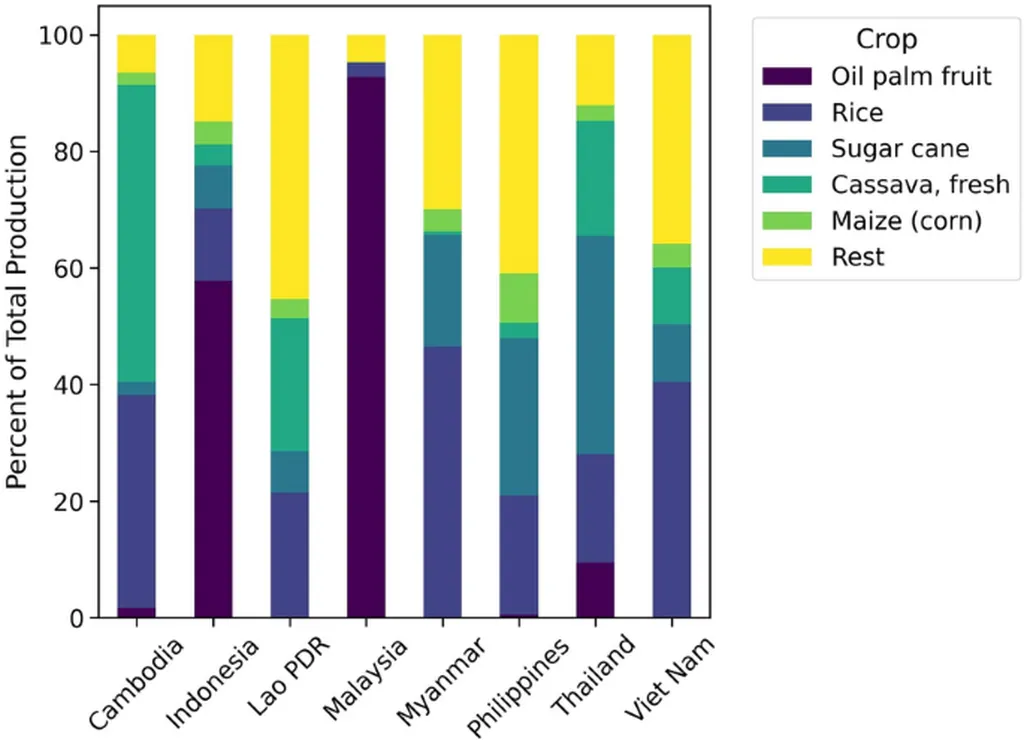In the vast and diverse Asia-Pacific region, where agriculture is both a lifeline and a livelihood for millions, a pressing question looms: how will climate change alter the delicate dance between crops and water? A recent study published in the *International Journal of Bio-Resource and Stress Management* sheds light on this critical issue, offering insights that could reshape farming practices and policies across the region.
The research, led by Samsul Huda from the University of Western Sydney, delves into the intricate world of crop phenology—the timing of developmental stages in plants. As climate change shifts rainfall patterns and temperatures, it disrupts the synchronized relationship between crop water demand and water availability. This mismatch could have profound implications for food security and agricultural productivity.
“Climate change is not just about rising temperatures; it’s about altering the very rhythms of nature that farmers have relied on for generations,” Huda explains. “Understanding these changes is crucial for developing adaptive strategies that can safeguard food production and rural livelihoods.”
The study combines historical meteorological data with projections of future climates to assess how these shifts will impact key crops. By analyzing temporal changes in crop phenology and rainfall patterns, the researchers identify potential mismatches that could lead to water stress and reduced yields.
The commercial implications for the agriculture sector are significant. Farmers may need to adopt new varieties, adjust planting times, or even shift the geographic distribution of crops to mitigate the impacts of climate change. Policy agencies and community workers will play a pivotal role in facilitating these transitions, ensuring that farmers have access to the resources and knowledge they need to adapt.
“Our findings highlight the need for proactive measures,” Huda notes. “By anticipating these changes, we can develop strategies that not only enhance resilience but also seize new opportunities for sustainable agriculture.”
The research also underscores the importance of integrated approaches that combine technological innovation with traditional knowledge. For instance, managing rainwater resources more effectively and implementing disease management protocols tailored to changing climates can help farmers navigate the challenges ahead.
As the Asia-Pacific region grapples with the realities of climate change, this study serves as a timely reminder of the need for collaborative efforts. By bringing together scientists, policymakers, and farmers, we can build a more resilient and sustainable agricultural future.
The study, published in the *International Journal of Bio-Resource and Stress Management* and led by Samsul Huda from the University of Western Sydney, offers a comprehensive analysis of the challenges and opportunities that lie ahead. Its insights are poised to shape future developments in the field, guiding the agriculture sector towards a more secure and sustainable path.

